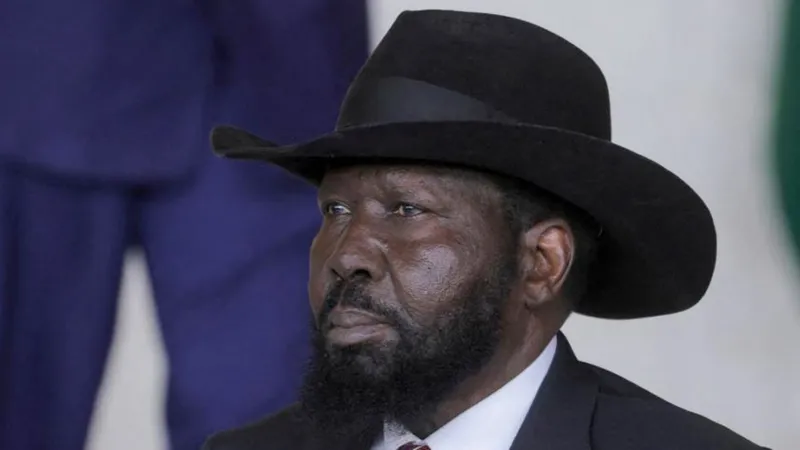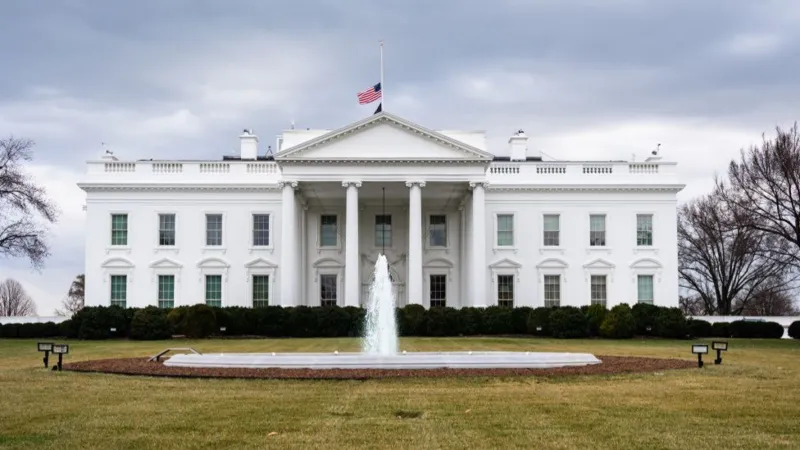South Sudan says US visa ban caused by mistaken nationality
South Sudan has criticised the revoking of US visas for all its nationals after it says the Trump administration mistakenly deported a man to the world's newest country who was actually Congolese.

US Secretary of State Marco Rubio announced the visa measure on Saturday. He said it was a response to South Sudan's refusal to accept the return of its citizens being removed from the US.
But South Sudan's foreign ministry said the move was based on a case involving someone who had been incorrectly identified as South Sudanese.
It added that the individual was "returned to the sending country for further processing".
This is the first time the US is targeting all passport holders from a particular country since President Donald Trump returned to the White House in January, having campaigned on an anti-immigration platform, with the promise of "mass deportations".
In his statement, Rubio said that the US would also block any arriving citizens of South Sudan, the world's newest country, at US ports of entry.
He blamed "the failure of South Sudan's transitional government to accept the return of its repatriated citizens in a timely manner".
"We will be prepared to review these actions when South Sudan is in full cooperation," he added.
But in a statement on Monday, South Sudan's foreign ministry said it "deeply regrets" the blanket measure against all of the country's citizens based on "an isolated incident involving misrepresentation by an individual who is not a South Sudanese national".
It said the man at the centre of the visa row was a Congolese national and he was returned to the US. It added that all supporting evidence was shared with American officials.
But Deputy Secretary of State Christopher Landau dismissed South Sudan's explanation as "legally irrelevant", saying the African country's embassy in Washington "certified this particular individual as one of their nationals".
"It is unacceptable and irresponsible for South Sudanese government officials to second guess the determination of their own embassy," Landau added.
South Sudan's Information Minister Michael Makuei Lueth told the AP news agency that the US was "attempting to find faults with the tense situation" in the country because no sovereign nation would accept foreign deportees.
It comes as fears grow that South Sudan may again descend into civil war after the country's First Vice-President Riek Machar had been placed under house arrest.
South Sudan's President Salva Kiir accused Machar of stirring up a new revolt.
Last month, the US ordered all its non-emergency staff in South Sudan to leave as fighting broke out in one part of the country, threatening a fragile peace deal agreed in 2018 that ended a five-year civil war.
South Sudanese in the US were previously granted Temporary Protected Status (TPS), which allowed them to remain in the US for a set period of time.
TPS for South Sudanese in the US had been due to expire by 3 May.
-BBC







